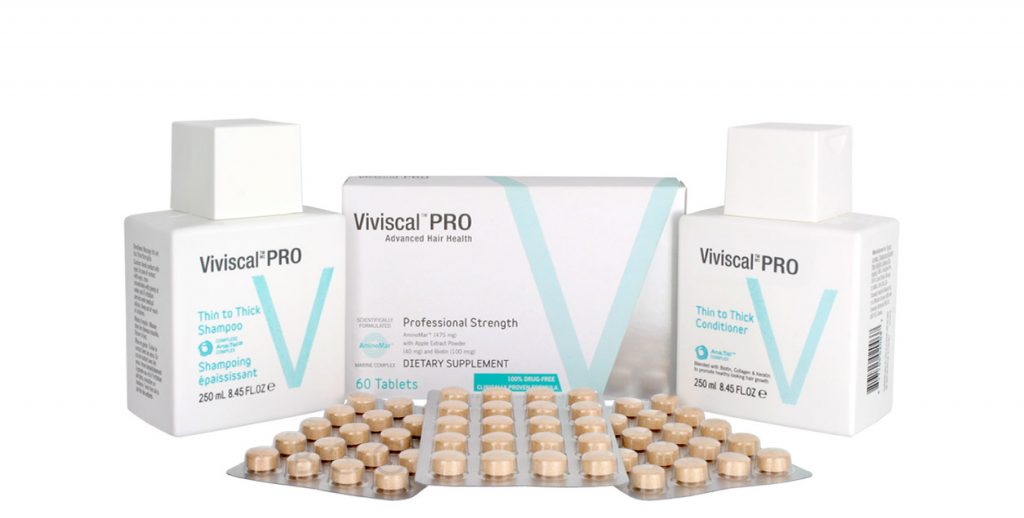CAUSES OF HAIR LOSS

There are many factors that influence healthy hair growth. These encompass a wide range of emotional and lifestyle conditions that can prevent the body from effectively absorbing the essential nutrients it needs to support healthy hair.
HAIR LOSS IN WOMEN
Hormonal changes
Hormonal changes associated with menopause can affect the healthy hair growth cycle. While this menopausal side effect is relatively rare, it has been known to occur in some cases. Women may experience problems with their hair due to a hormone imbalance and increased sensitivity to the male hormones found naturally in women’s bodies.
Post pregnancy
Pregnancy, while a beautiful and natural process, can be a stressful event for a woman’s body. It is common for women to experience post-partum hair thinning or even bald patches as their hormone level normalises. However, this is usually a temporary condition and should stabilise in time. Generally, we do not recommend that women take ViviscalTM PRO hair growth supplement, during pregnancy or breastfeeding.
Birth Control
The birth control pill is the most common form of contraception for women. It contains a mixture of progestin and estrogen, which occasionally can affect healthy hair growth in those who have a hereditary history of hair loss.
FOR MEN AND WOMEN
Age
In our 20s and 30s, we typically have 615 hair follicles per square centimeter. The number falls to 485 by the times we turn 20, and to 435 by age 80. Each hair also becomes thinner, thereby reducing hair volume.
Stress
In the face of everyday stress, the adrenal gland produces more adrenaline, which can lead to an increase in the production of testosterone and dihydrotestosterone (DHT). If you do not have enough other hormones to counterbalance this, it can lead to hair not being as healthy as it should be. For some people, everyday stress can affect the condition of their hair and it can turn into a vicious cycle – stress affects the hair cycle and impact of this could cause even more stress for the individual.
Poor diet
A diet rich in protein, vitamins and minerals is essential for healthy hair and hair growth. The hair follicle is a non-essential tissue and therefore, is one of the last tissues to receive nutritional substances. Therefore, any long-term deficiencies may lead to premature hair loss.
Protein
Eat at least five ounces (approximately 150 grams) of protein a day. Food high in protein are meat, chicken, fish, beans, eggs, cheese and tofu. Because hair is made of 80% to 95% protein, this is an important area of your diet.
Iron
Iron deficiency can contribute to hair loss, especially in men and women who may lack adequate protein in their diets.
Other minerals
Other important minerals for healthy hair functioning are zinc (found in seafood and beans), silica (found in potatoes, red and green peppers, and bean sprouts),magnesium (found in green vegetables and nuts), and essential fatty acids (such as the omega fatty acids found in fish).
Overstyling
Excessive use of aerosol sprays, hair dyes, hair irons or curlers may result in damaged hair in the long term. Men and women who find their healthy hair affected may want to reconsider the products that they are using on their hair and scalp, and consider nutritional supplements and healthier styling methods.
Smoking
Smoking can affect healthy hair growth. Cigarette smoking has been shown to cause poor circulation, which can affect the amount of blood flow available to the hair follicles of the scalp. This causes premature hair fall.
